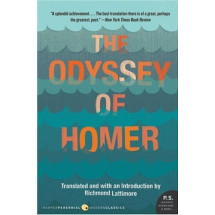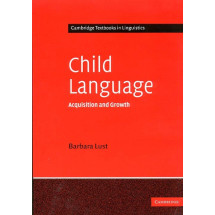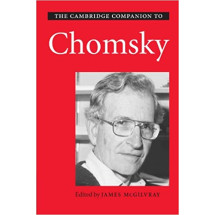In this highly original work, Teed Rockwell rejects both dualism and the mind-brain identity theory. He proposes instead that mental phenomena emerge not merely from brain activity but from an interacting nexus of brain, body, and world. The mind can be seen not as an organ within the body, but as a "behavioral field" that fluctuates within this brain-body-world nexus. If we reject the dominant form of the mind-brain identity theory -- which Rockwell calls "Cartesian materialism" (distinct from Daniel Dennett's concept of the same name) -- and accept this new alternative, then many philosophical and scientific problems can be solved. Other philosophers have flirted with these ideas, including Dewey, Heidegger, Putnam, Millikan, and Dennett. But Rockwell goes further than these tentative speculations and offers a detailed alternative to the dominant philosophical view, applying pragmatist insights to contemporary scientific and philosophical problems. Rockwell shows that neuroscience no longer supports the mind-brain identity theory because the brain cannot be isolated from the rest of the nervous system; moreover, there is evidence that the mind is hormonal as well as neural. These data, and Rockwell's reanalysis of the concept of causality, show why the borders of mental embodiment cannot be neatly drawn at the skull, or even at the skin. Rockwell then demonstrates how his proposed view of the mind can resolve paradoxes engendered by the mind-brain identity theory in such fields as neuroscience, artificial intelligence, epistemology, and philosophy of language. Finally, he argues that understanding the mind as a "behavioral field" supports the new cognitive science paradigm of dynamic systems theory (DST).
1 Minds, Brains, and Behavior
Functionalism 3
Eliminative Materialism 4
Some Cartesian Materialist Presuppositions 9
Ryle's Dispositional Psychology 11
A Rylean Alternative to Functionalist Cartesian Materialism 12
2 Beyond the Cranium 21
3 Beyond the Neuronal Mind 37
The James-Cannon Debate 37
New Data on the Relationship between the Body and Emotions/Sensations 39
Is Causation Different from Embodiment? 44
4 Causation and Embodiment 51
Mill's Criticism of Atomistic Causality 51
The Lure of Atomistic Causality 55
Mill's Criticism (and the Modern Defense) of Intrinsic Causal Powers 59
5 The Myth of the Autonomous Mind-Brain 65
Supervenience, Causation, and Embodiment 69
6 Experience, Sense Data, and Language: Putting Experience Back into the Environment 83
Language and Thought as Biological and Functional Categories 90
Subjective Experience and the Environment 97
Minds, Worlds, and Reality 101
7 The Return of the Zombies 111
Why Physiological Zombies Have Scientific Significance 113
Functional and Behavioral Zombies 115
The Roots of the Problem 117
Zombies, Experience, and Skepticism 118
8 The "Frame Problem" and the "Background" 135
Searle versus Dewey 141
Searle's Intrinsicality Argument 141
Searle's Darwinian Argument 146
Dennett's Darwinian Argument: Genes versus Memes 149
Dreyfus, Clark, and Conscious Experience 154
9 Dreams, Illusions, and Errors 161
Cartesian Materialism and the Empiricists 162
The Pragmatist Alternative 164
Bridge Laws versus New Wave Reductionism 167
The Pragmatic Answer to Eliminative Skepticism 169
Connectionist Support for Pragmatism 174
10 Dewey and the Dynamic Alternative 177
The Traditional View of Neural Nets 183
A Brief Introduction to DST 192
Thelen and Smith on Infant Locomotor Development 196
Freeman and the Attractor Landscape of the Olfactory Brain 199
How Animals Move 201
Dynamic Systems as Behavioral Fields 204
Notes 209
References 219
Index
W. Teed Rockwell is in the philosophy department at Sonoma State University.














